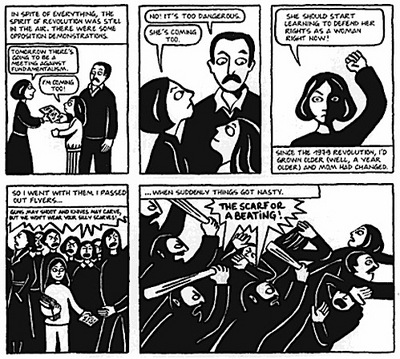Life beyond Rationality and Compassion
Have you ever been hit so hard that you’ve been left in a permanent daze? I’m speaking of a defining event that, in a matter of moments, changes everything for you, permanently. Maybe it’s a collision. Maybe a life event like a tragedy or a divorce. You’re at the epicenter of the calamity. The destruction hits you right between the eyes. And while you make sense of what hit you, if you ever do, your loved ones bear the brunt of the hurricane that you become. Like a set of ripples, it realigns everything you do. Peter Weir’s “Fearless” 1993 shows us the effect of a plane crash, and tells us that when we get hit with such cataclysms, no single way resolves the trauma.







